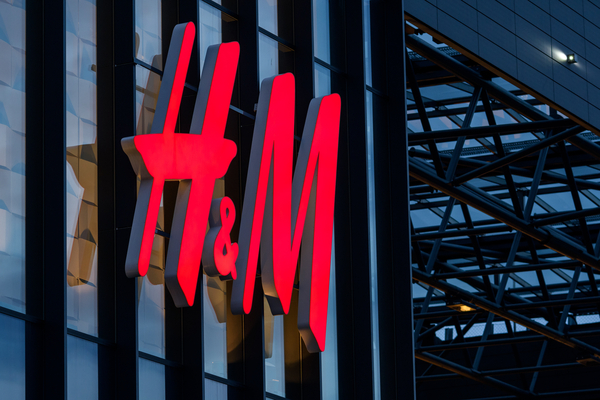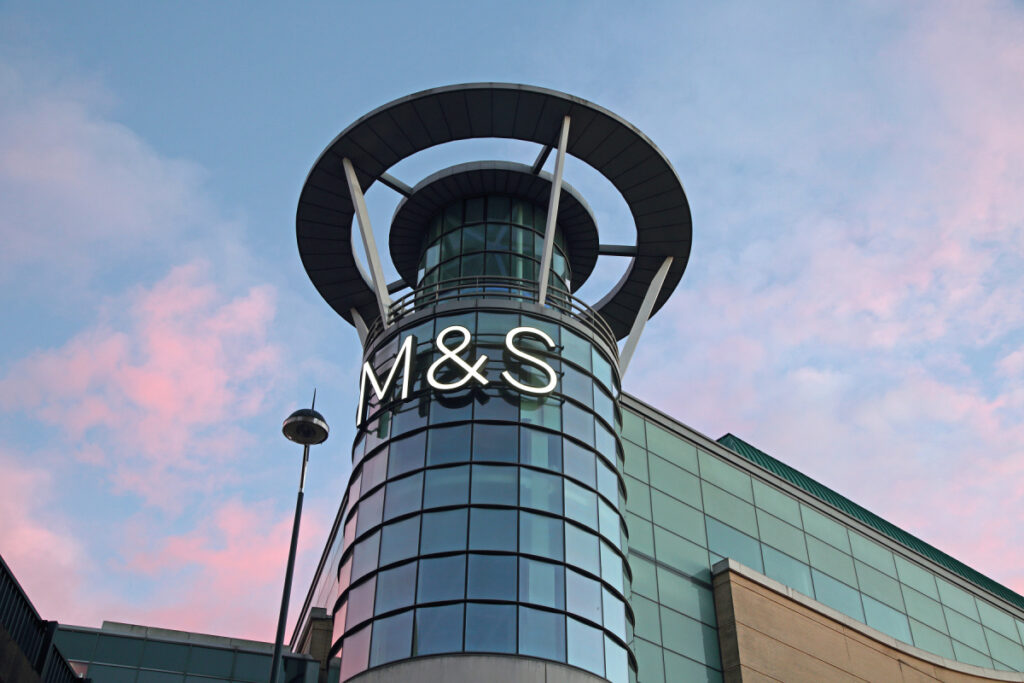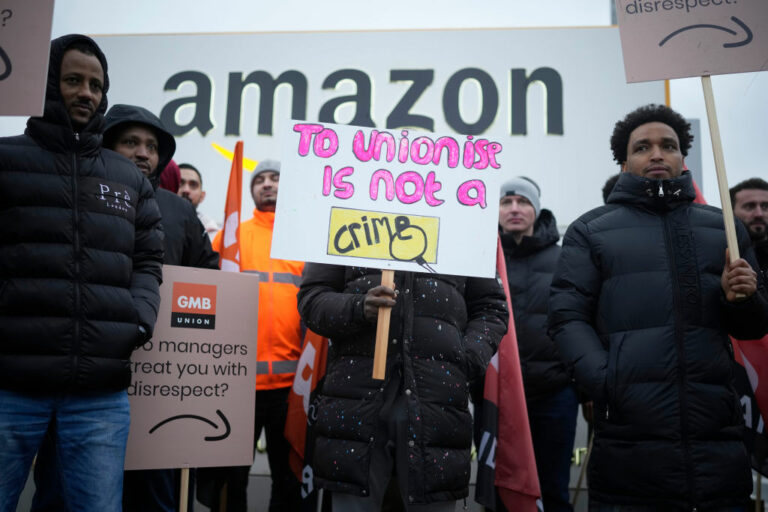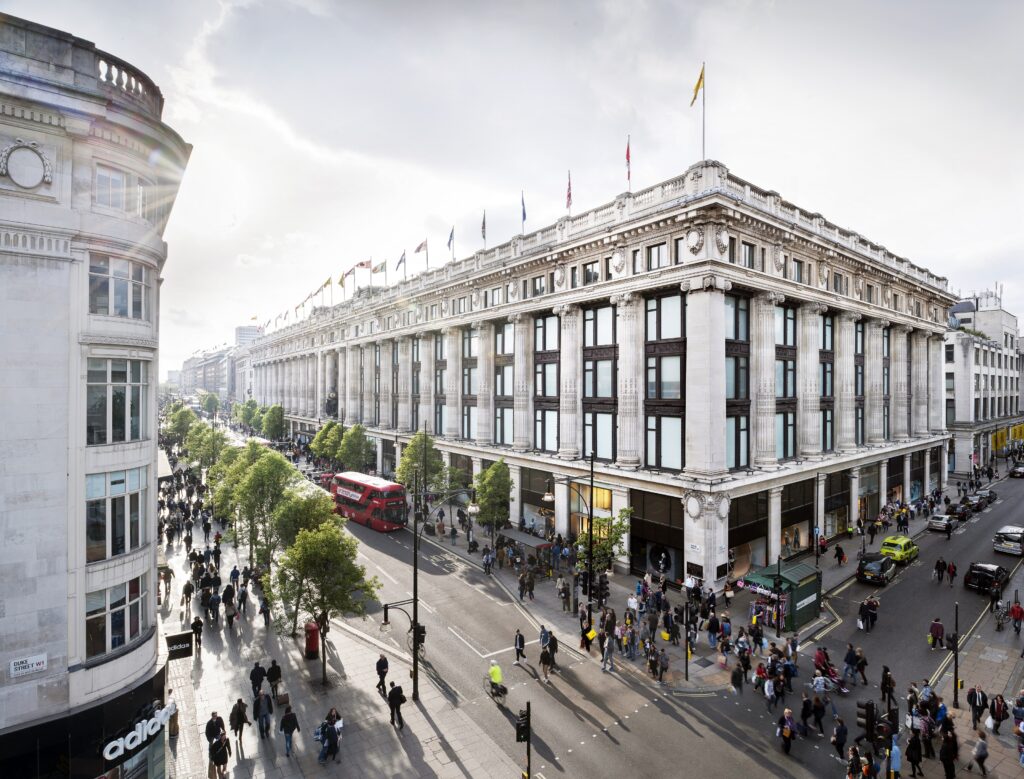Free returns might be coming to an end as some of the world’s biggest fashion brands have introduced fees to send back parcels.
Both Boohoo and Zara have scrapped free online returns in recent months and H&M is considering joining the pair.
These brands are not alone. According to research by parcelLab, a quarter of 200 leading online retailers are now charging shoppers to return items in the UK, an increase of 14% year-on-year.
It’s unsurprising why some retailers have made this move. According to returns specialist ReBound, one in three fashion items bought online are sent back. This is around double the rate of shop-bought goods.
DHL Supply Chain SVP of global ecommerce Nabil Malouli says £653 billion worth of products were returned in 2021, which is very costly for retailers.
Meanwhile, returns are on the rise. Asos flagged last month that from May onwards its returns rates had increased to above pre-Covid levels.
Boohoo also said earlier this year that its returns were “up significantly” year on year, ahead of pre-pandemic levels.
The increased returns rates, combined with elevated fulfilment costs, has hit the bottom line for both retailers.
This is why Boohoo decided to introduced a £1.99 charge to return items.
Boohoo executive director Neil Catto says: “It makes people think about it before ordering three different styles and then sending back two.”
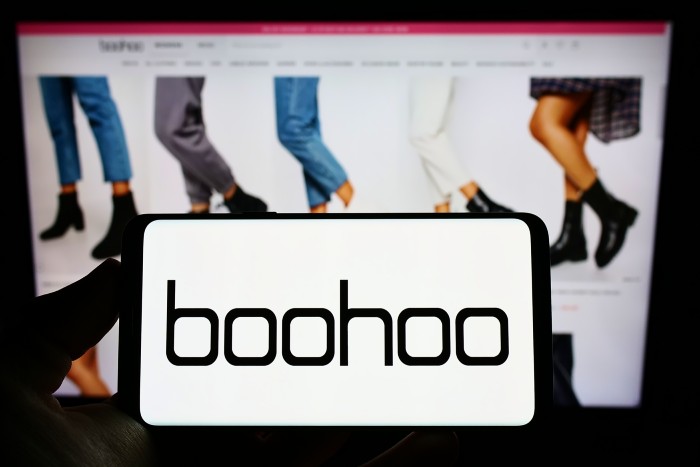
The customer reaction
But how have shoppers reacted to the introduction of returns fees?
Social media was alight when Zara and Boohoo quietly introduced the charges with some threatening to stop shopping with the brands. Others argued that the reason they return items is because of inconsistent sizing at retailers.
never ordering from @boohoo again – sent the parcel back still had to pay postage ( from original order ) AND a return fee!!!!!! So £6 for air because I didn’t keep anything from the order 👍👍👍👍👍
— lolo (@loiscollinson) November 12, 2022
I didn’t place an order, because you charge for returns! Not offering free returns is not a good business model!
— BÎFF Ø BRÄDLĒY🇺🇦🇪🇺🇬🇧 (@pablox53) November 20, 2022
As if @ZARA sizing isn’t enough of a JOKE they charge £1.95 to return a parcel 😂😂 probably the high volume of returns since their XXL is about a size 10
— sam gray 🖤 (@samgrayx_) May 25, 2022
@ZARA I won’t be ordering anything else from Zara until you remove the return charge which has appeared since my last order. I order regularly, but object to paying for returns after paying postage when the item received is too short and nothing like the length on the pic.
— Vanessa (@flufficat) September 1, 2022
These outspoken Twitter users are not alone. A recent survey by Klarna found that 70% of online shoppers said that if a preferred retailer stopped offering free returns, they might stop shopping there, which could have a massive impact on trading.
Meanwhile, three quarters of shoppers said they would buy more over time if free returns are offered.
Deloitte retail director Marie Hamblin says there is a real potential for a returns fee to hit trading.
“Passing on the full or partial cost of a return to the customer isn’t necessarily right for every retailer,” she says.
“Some will decide it is not for them given the potential impact on sales. Offering free delivery or returns is often a driver of sales and some retailers might expect to see reduced sales volumes by removing this.”
Robert Kulawik, chief operating officer at Everything5Pounds.com, has charged for delivery and returns since the brand’s inception.
He says: “We need to stop spoiling customers, especially when they are not asking for it. Many retailers give free delivery, free returns. Why? It’s not free for us.”
Kulawik insists that customers don’t mind paying for fulfilment as long as retailers are transparent about the charge.
“In fact, it makes them buy more because they want to make paying the charge worthwhile,” he points out.
However, one retailer says the move will impact demand, particularly for online-only retailers.
“If retailers don’t have a store, then the living room is customers’ changing room and you don’t get charged to try something on on the high street,” he says.
“It might only be £2 to return but it brings an element of risk in the transaction. Customers have to pay for something that they may not buy.”
However, Bloomberg Intelligence senior retail analyst Tatiana Lisitsina points out that the introduction of return fees seem to have had little impact on Zara and Boohoo.
However, DHL’s Malouli argues that retailers like Zara and Boohoo have a loyal customer base so are less likely to see a backlash from introducing a returns charnge.
“Zara and Boohoo will see greater success in implementing a charge for returns,” he argues.
On the other hand, brands which lack customer loyalty “would likely be competing at a disadvantage if they were to introduce fees,” Malouli adds.
It must also be pointed out that Zara has mitigated risk by giving shoppers the option of returning online orders for free at their local Zara store.
Are free returns a thing of the past?
With the early signs looking positive from Zara and Boohoo, will other retailers follow suit and introduce a charge for online returns?
The fact that H&M, the second largest fashion retailer in the world after Zara, is plotting rolling out a returns fee suggests thsi could be the case.
The Swedish fashion giant is testing an online charge in Norway – although it has vowed to keep returns to store free – after the number of refunds rose by 30%.
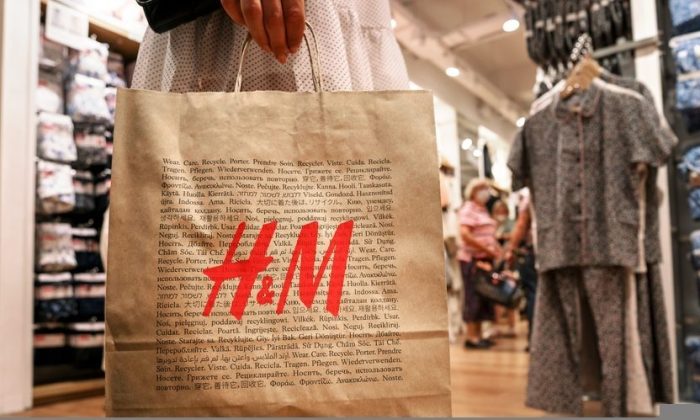
A H&M spokesperson tells Retail Gazette: “We will of course evaluate our customer’s response after time.
“The introduction of return fees is a measure that is in line with a general trend we see in our industry at the moment.”
Meanwhile, sustainability is a growing consideration for retailers. Disincentivising ‘serial returners’ who over-order with the intention of sending the bulk of items back could reduce unnecessary transport emissions.
Malouli says it could also reduce the number of products being destroyed as returned products can be difficult to resell.
“Ending free returns puts retailers on the path towards a circular supply chain, boosting sustainability,” he says.
Retail expert Jonathan De Mello took to Twitter to predict that more retailers will likely follow suit given the costs and environmental impact of returns.
Zara following Next and Uniqlo in charging for online returns – and more retailers will likely follow suit. Inevitable really given the cost of processing online returns – not to mention the environmental impact. Good for stores too, as returns will still be free in-store.
— Jonathan De Mello (@DeMelloRetail) May 13, 2022
The direction of travel is clear. The era of free returns is slowly ending – and although many shoppers may lament the shift, it could benefit both the environment and retailers’ bottom line.

